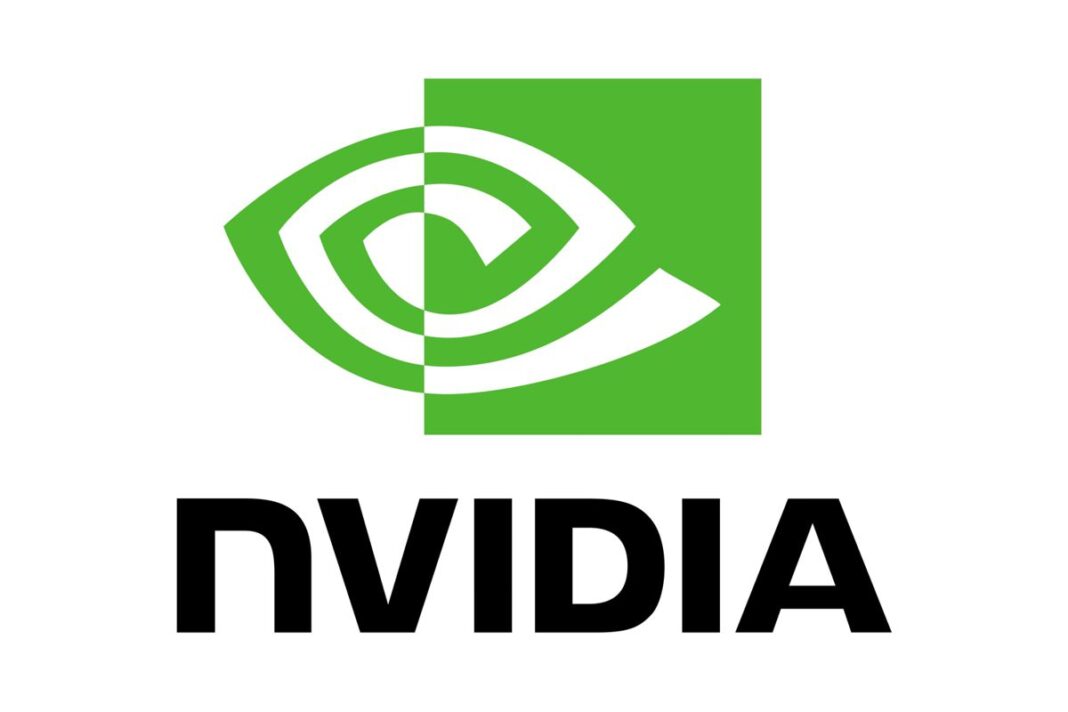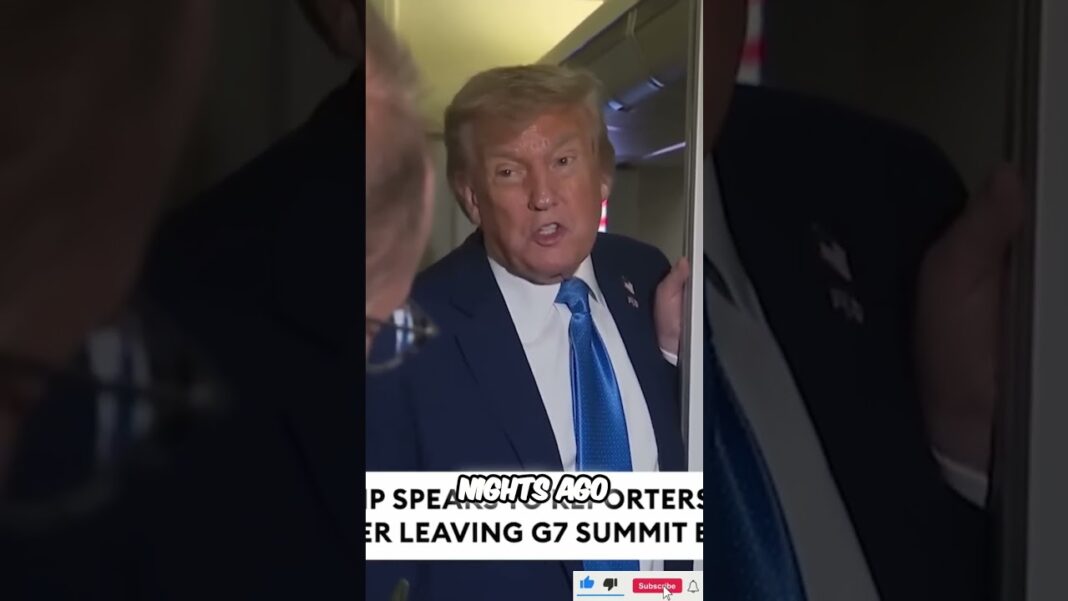Nvidia plans to resume sales of its H20 GPUs to China after nods of approval from the U.S. government.
The United States’ decision to allow Nvidia to resume selling China artificial intelligence (AI) chips is tied to recent trade negotiations over rare-earth exports, according to Secretary of Commerce Howard Lutnick.
“In the magnets deal with the Chinese, we told them that we would start to resell them,” Lutnick said on Tuesday in an interview on CNBC, referring to recent talks held in London and Geneva in a bid to de-escalate trade tensions after U.S. and Chinese reciprocal tariffs had reached 145 percent and 125 percent, respectively.
China had also retaliated by suspending exports of seven heavy rare-earth metals that are refined almost entirely within its borders, along with the magnets made of these materials. Washington has since pressed Beijing to ease restrictions on rare-earth elements and magnets, which are critical to a wide range of defense and energy technologies.
Lutnick’s comments came just a day after Nvidia announced it would restart sales of its H20 graphics processing units (GPUs) to China after U.S. regulators gave a nod of approval. According to the company, shipments of the H20 chips had been halted since April, when the federal government told Nvidia that it required a license to do so.
“The U.S. government has assured NVIDIA that licenses will be granted, and NVIDIA hopes to start deliveries soon,” the company said on Monday.
The H20 was first introduced in 2022, with a design specifically tailored to comply with Biden-era export controls aimed at preventing Chinese companies from acquiring the most advanced AI chips.
Though less powerful than Nvidia’s flagship processors, the H20 has still been adopted by major Chinese tech firms, including ByteDance, Alibaba, and Tencent. It was also credited with the launch of DeepSeek, China’s most advanced large language model (LLM) and a leading competitor of ChatGPT.
In Tuesday’s interview, Lutnick dismissed concerns about the H20’s capabilities, calling it Nvidia’s “fourth-best” product.
“Remember, these are an older chip,” Lutnick said. “We don’t sell them our best stuff, not our second-best stuff, not even our third-best.”
The secretary further argued that the United States has a strategic interest in keeping Chinese developers reliant on American technology.
“You want to sell the Chinese enough that their developers get addicted to the American technology stack,” he said. “That’s the thinking.”
The easing of restrictions is a major win for Nvidia, which found itself caught in the trade and technological rivalry between the world’s two largest economies.
By Bill Pan








